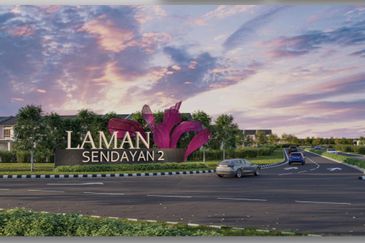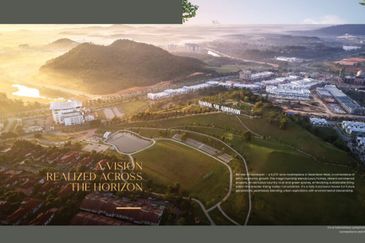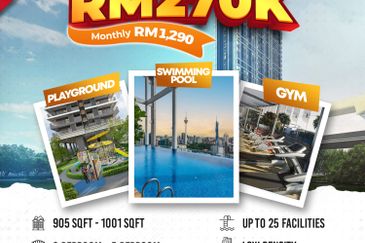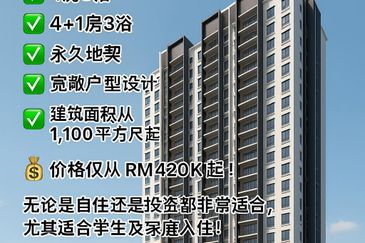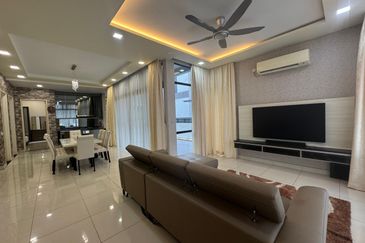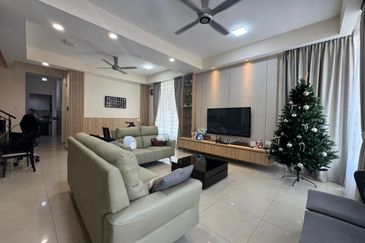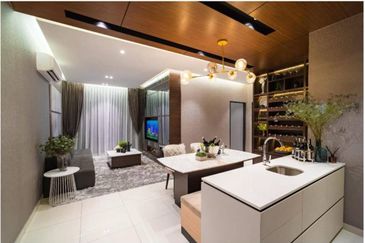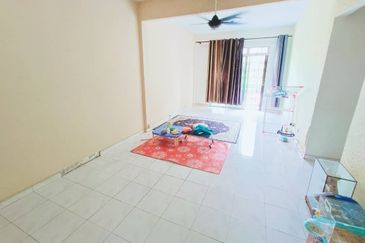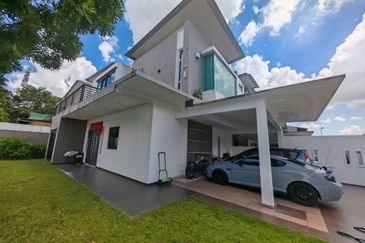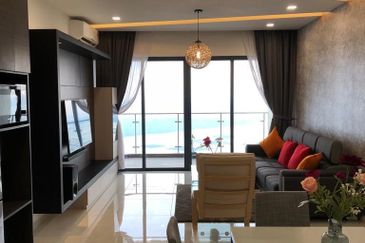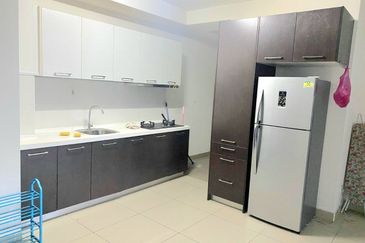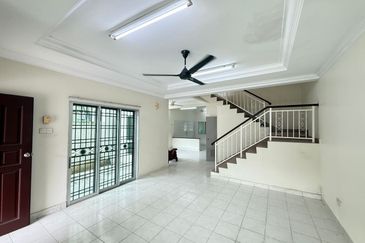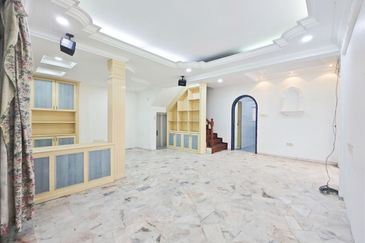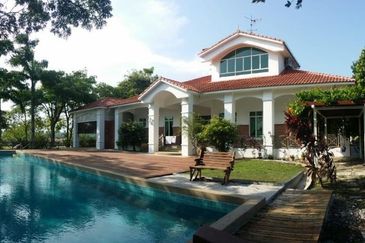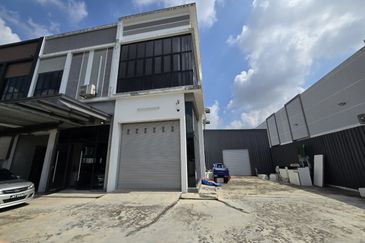
The months ahead look upbeat since the value of construction contracts given out by the end of this year may be close to RM200 billion.
This glowing picture may not hold out in the near future because the country is facing a critical shortage of skilled construction workers. This shortage is exacerbated by the sizeable RM600 increase in levy for each foreign worker to RM1,850.
The Master Builders Association Malaysia (MBAM) is concerned about whether the industry will get the manpower it needs next year to take on the infrastructure projects planned.
The quickest way the government could act on two related matters is to simplify and shorten the process of legalising existing illegal foreign workers and ensuring that recruitment policy remains firm to provide a level of certainty to help stakeholders plan their business operations and growth.
For Budget 2017, MBAM hopes the government will emphathise with construction companies as fluctuations in fuel prices impact production and transport costs.
The government could look at granting rebates and tax deduction for companies supplying products, especially the MRT and other high-impact projects that will benefit the rakyat. This will encourage these companies to absorb the impact of the increase in production cost and not pass them on to the contractors.
On the same matter, we hope the recent additional duty imposed on imported steel bars in September, which is meant to safeguard the viability of local steel manufacturers, will be temporary. MBAM had objected to the safeguard measure of an additional 13.42% import duty, which translates into higher prices for imported steel bars.
It is ironical that even local steel manufacturers, which the government is protecting, are importing steel bars to sell on the domestic market and have benefited from the imports.
MBAM’s concern is that this safeguard measure may be counterproductive, result in an artificial shortage and cause a recurrence of the steel shortage that hit the industry in 2008.
We would like to urge the government to remove it in view of the impact on the construction industry, which contributed a significant 7.9% to gross domestic product in the first quarter. Any policy change will impact 140 allied industries. We cannot protect a few loss-making industries at the expense of the well-being of others.
For long-term stability, the government should reduce the dependence on foreign labour by encouraging the use of heavy construction machinery and providing more incentives for the adoption of the Industrialised Building System (IBS) and Building Information Modelling (BIM). These directly reduce the dependence on foreign workers.
We hope import duties and taxes on heavy construction machinery and equipment that are not manufactured locally will be lowered. The old machines are reaching the end of their life cycle and are not suitable for today’s more challenging jobs. New, modern machinery will enhance productivity and safety since there will be less risk of machine failure.
The construction industry has to modernise its delivery system with the government’s help to provide better incentives for producing IBS components and encourage contractors to use the precast system.
Incentives should be given for the adoption of IBS, such as a tax rebate on heavy lifting equipment for the IBS industry, a special loan scheme by the banks for IBS projects, and the requisite standardisation of the Uniform Building By-Laws 1984.
Similarly, the government could provide a substantial subsidy for construction companies to implement BIM during the design and construction stages. BIM is a virtual representation of a building, containing all the information required to design and construct it using computers and software.
MBAM hopes the industry will continue to sustain the momentum that has been built up come 2017. It needs incentives to overcome the problems that are increasing each year. Every little bit of assistance will definitely help the industry to move forward to sustain its growth.
We are grateful that the prime minister had, on Sept 10, 2015, launched the Construction Industry Transformation Programme (CITP) and hope it will be implemented on time to boost the growth of the construction industry through four strategic thrusts: quality, safety and professionalism; environmental sustainability; productivity and internationalisation.
Last but not least, MBAM is committed to working closely with the civil service and key government institutions to reduce red tape, eradicate corruption and improve the productivity of construction companies to enable them to remain competitive.
MBAM hopes the coming rakyat-friendly Budget 2017 will be good for business too.
Foo Chek Lee is president of the Master Builders Association of Malaysia and executive director of Mitrajaya Holdings Bhd.
This article first appeared in City & Country, a pullout of The Edge Malaysia Weekly, on Oct 17, 2016. Subscribe here for your personal copy.
TOP PICKS BY EDGEPROP
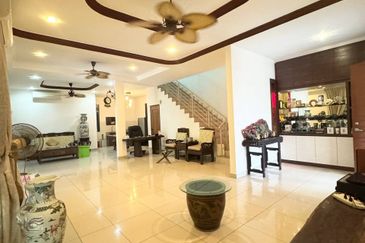
Horizon Hills @ Golf East
Horizon Hills, Johor
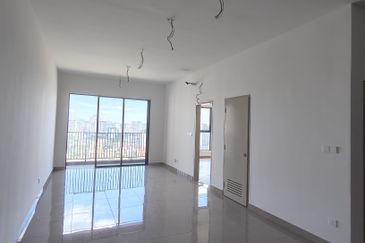
The Harmony (Residensi Riamas)
Jalan Klang Lama (Old Klang Road), Kuala Lumpur
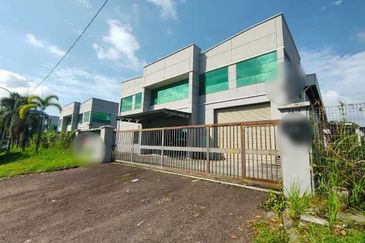
Kawasan Perindustrian Indahpura
Kulai, Johor
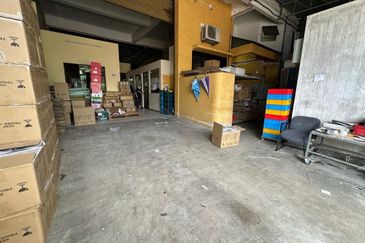
Taman Perindustrian Desa Cemerlang
Ulu Tiram, Johor

Inspiration Park @ East Ledang
East Ledang, Johor


